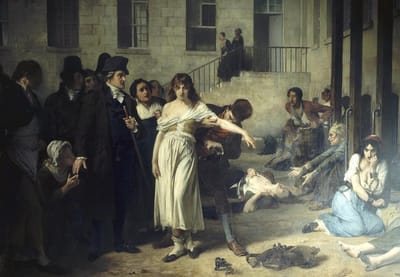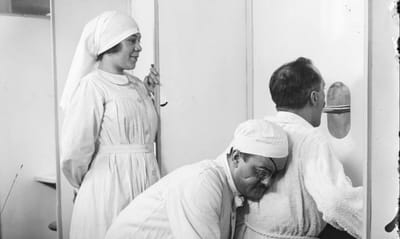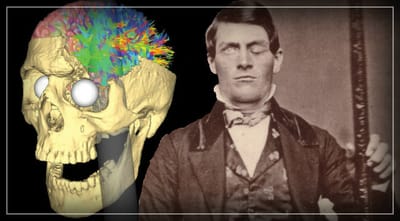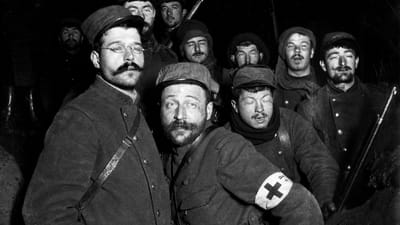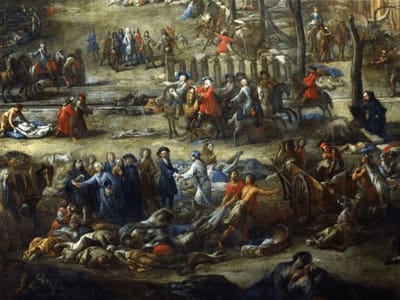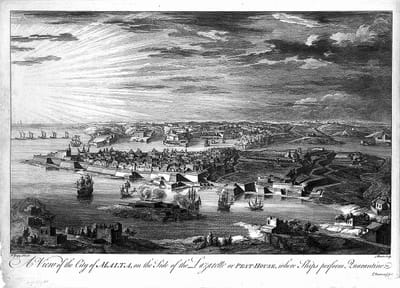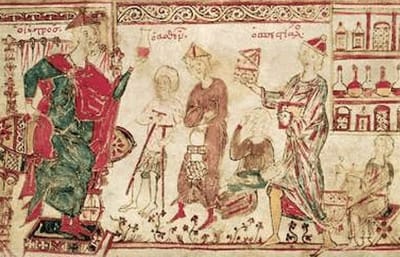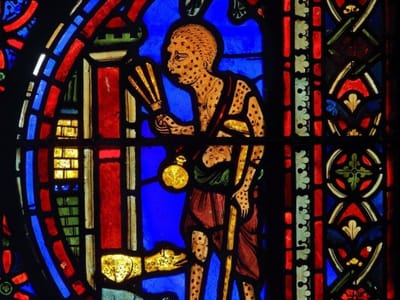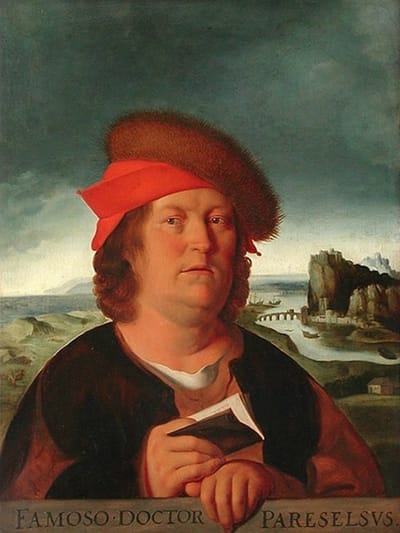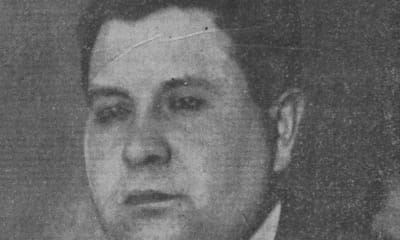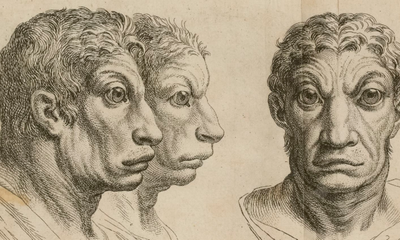HISTOIRE
In his book Patients zero, the doctor Luc Perino offers an inverted history of medicine through stories that give their place to chance, wanderings, failures - and, above all, to patients.
Read MoreFaced with the unprecedented violence of the fighting, many soldiers sent to the front developed mental disorders. Abandoned during the conflict, then fallen into oblivion, they nevertheless contributed to laying the foundations of war psychiatry.
Read MoreIn May 1720, the plague arrived by boat in Marseille. It ravaged the city for two years. In the infested districts where the corpses are piled up, an intrepid bishop braves dangers and prohibitions to save his flock.
Read MoreIntense privateer activity and sustained economic exchanges with the Levant increase the health risk on the island of Malta. Faced with epidemics, especially the great plague of 1676, the prophylactic measures taken by the knights, in tension with economic realities, largely echo our news.
Read MoreThis institution does not exist in the medieval West. It is dedicated to the exclusive care of the sick. Precursors, Byzantine hospitals offer a professional service. They welcome the poor and the rich, free of charge.
Read MoreNo, lepers are not the most excluded from medieval society. On the contrary, these patients with deformed bodies receive special attention. They rattle to call passers-by. And can enter religion ...
Read MoreInjured in the head during the First World War, this Hungarian soldier said he could no longer close his eyes. In the thirties, his case fascinated scientists, some of whom dreamed of "suppressing" sleep, and the press, which set out to meet the unfortunate.
Read More